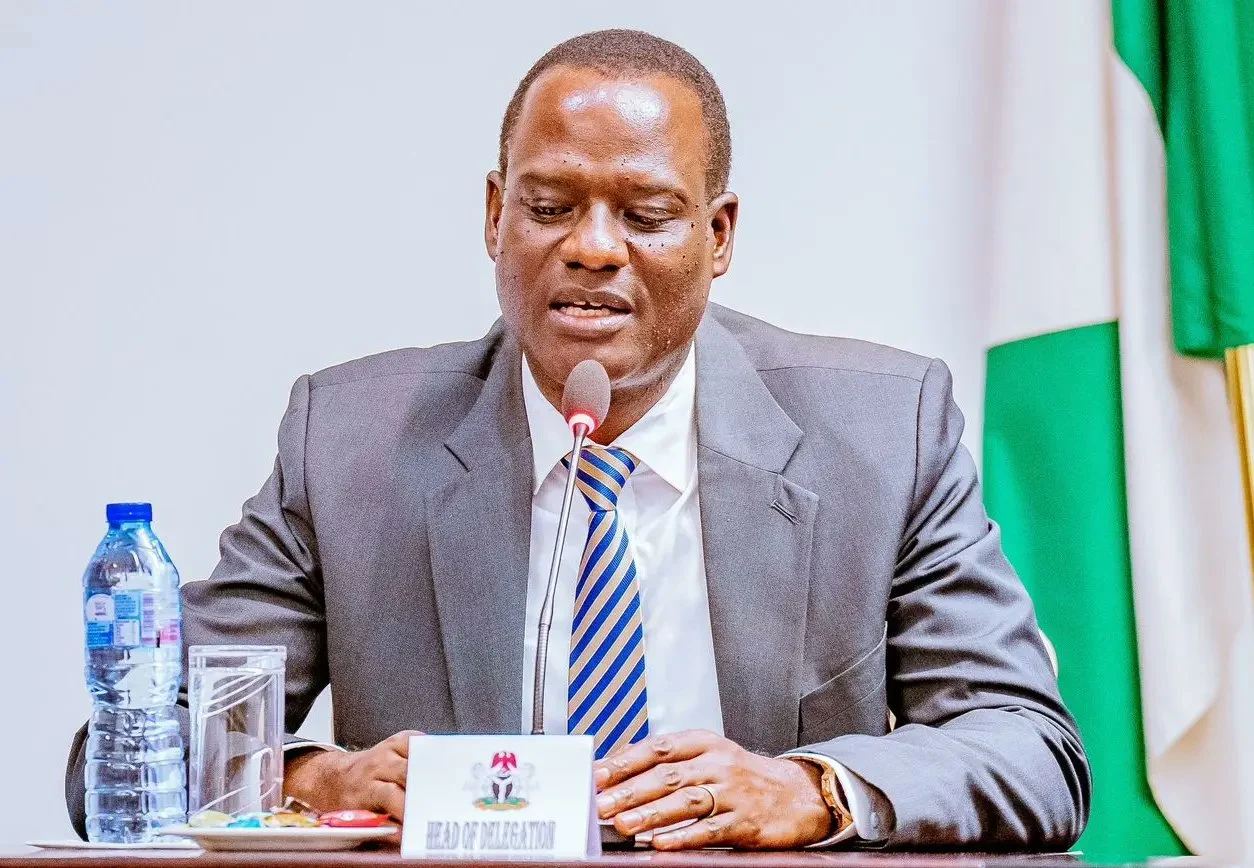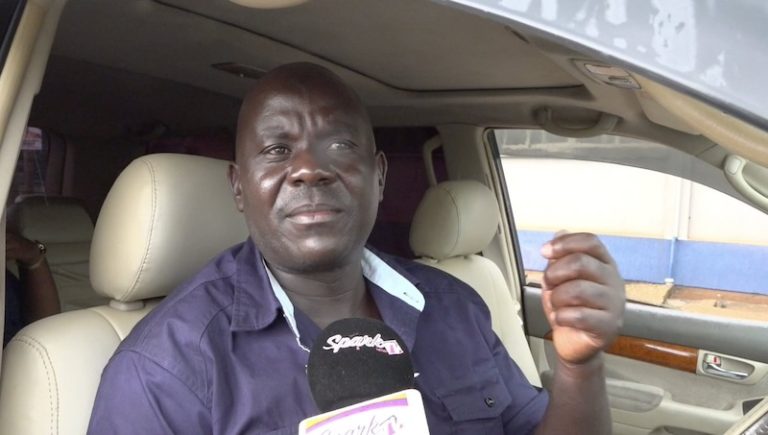
As concerns grow over a possible new levy on petrol and diesel, the Federal Government has stepped in to dispel rumours that the charge will take effect in January 2026. The clarification comes amidst rising public unease over a potential fresh hike in the cost of living.
Speaking on the issue, Chairman of the Presidential Committee on Fiscal Policy and Tax Reforms, Taiwo Oyedele, said that although the recently signed Harmonised Tax Act makes provision for a five per cent surcharge on fossil fuels, no date has been set for its enforcement.
“There’s a lot of misinformation out there,” Oyedele said in a video statement on Saturday. “The law includes a fuel surcharge provision, but implementation is solely at the discretion of the Minister of Finance and no date, including January 2026, has been fixed.”
Fuel Surcharge Is Law — But Not in Effect
The levy, aimed at funding road infrastructure, will eventually apply to fossil fuel products such as petrol and diesel but will not affect cleaner alternatives like cooking gas, compressed natural gas (CNG), household kerosene, and other renewable energy sources.
While the clause has sparked fresh controversy, it’s not entirely new. It was originally introduced under the Federal Roads Maintenance Agency (FERMA) Act of 2002, which established FERMA as the body responsible for federal road maintenance. The Act was amended in 2007 to include a 5% user charge on petrol and diesel, with 40% of the proceeds allocated to FERMA and 60% earmarked for state road maintenance agencies.
Oyedele reaffirmed that although the surcharge now exists within the new Harmonised Tax Act signed in June by President Bola Tinubu, it remains inactive until a formal order is issued by the Finance Minister.
“The intention is to dedicate the revenue specifically to transport infrastructure so we can reduce logistics costs, lower inflation, and ease the financial burden on Nigerians,” he said.
Cost-of-Living Concerns Mount
Since the removal of fuel subsidies in 2023, fuel prices have more than tripled, sending inflation soaring and squeezing household incomes. Nigerians, still grappling with the aftershocks of that decision, have expressed alarm at any fresh levies that might drive prices even higher.
Although the government insists that no immediate hike is coming, labour unions and opposition figures are already responding with caution and in some cases, criticism.
A senior official of the Nigeria Labour Congress (NLC), speaking anonymously, confirmed that the union had not received any formal notice from the government on the matter. However, he added that the NLC would convene to deliberate on the issue if and when new details emerged.
The NLC has previously spearheaded nationwide protests over fuel price increases and is expected to play a pivotal role in shaping public response should the surcharge be activated.
Peter Obi, Critics Slam Timing of the Levy
Joining the debate, former presidential candidate Peter Obi described the plan as “insensitive” and urged the government to immediately shelve it.
“Leadership should focus on reducing Nigerians’ suffering not compounding it,” Obi said. “The government claims to have exceeded its revenue targets, so why impose additional taxes on citizens already stretched thin?”
Obi also noted that earlier government promises of subsidised access to cleaner fuels like CNG have not materialised, making even alternatives financially out of reach for many Nigerians.
He argued that instead of introducing more levies, the government should channel its revenue gains into critical sectors like education, healthcare, and poverty alleviation.
Presidency Touts Revenue Gains, Defends Fiscal Strategy
Despite the backlash, President Tinubu’s administration remains bullish on its fiscal direction. The President, currently on a 10-day working visit to Europe, recently announced that Nigeria had already met its 2025 revenue targets by August 2025.
This, he said, was a sign that the country was on track to reduce its reliance on borrowing, as part of a broader strategy to diversify the economy beyond oil, with strong focus on agriculture and non-oil revenue streams.
Still, the looming fuel surcharge remains a flashpoint in public discourse, a reminder of the fragile balance between raising government revenue and managing the cost of living for ordinary Nigerians.



